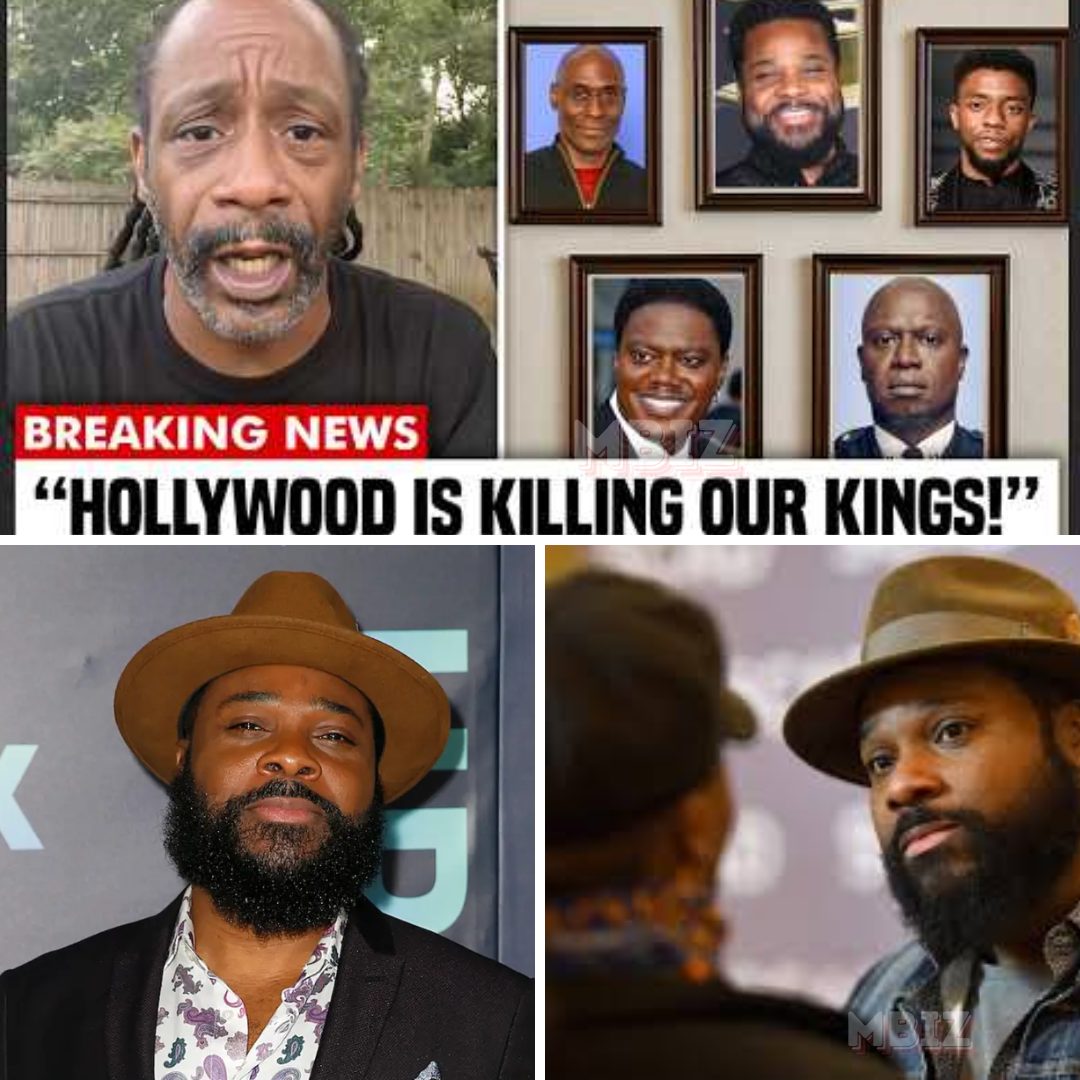Malcolm Jamal Warner’s death has sent shockwaves through Hollywood, igniting a firestorm of discussion surrounding the troubling truths he hinted at throughout his career. Just days before his untimely passing, Warner engaged in a poignant conversation that now feels like a haunting farewell, revealing the hidden struggles faced by Black entertainers in an industry that often exploits them.
 In a recently surfaced video, comedian Cat Williams passionately echoed Warner’s warnings, shedding light on the systemic challenges Black men face in Hollywood. Williams, known for his outspoken critiques, asserted that the entertainment industry has a pattern of silencing those who dare to speak out. He drew chilling parallels between Warner’s experiences and the broader narrative of Black artists who have faced backlash for their authenticity.
In a recently surfaced video, comedian Cat Williams passionately echoed Warner’s warnings, shedding light on the systemic challenges Black men face in Hollywood. Williams, known for his outspoken critiques, asserted that the entertainment industry has a pattern of silencing those who dare to speak out. He drew chilling parallels between Warner’s experiences and the broader narrative of Black artists who have faced backlash for their authenticity.
Warner, best known for his role as Theo Huxtable on “The Cosby Show,” was not just a beloved character; he was a voice of reason in a landscape riddled with exploitation. His final podcast episode, released just two days before his death, tackled the complexities of Black identity and representation, offering a stark critique of how media often distorts the narrative surrounding Black culture. “It’s not about awards or red carpets; it’s about survival,” he stated, a sentiment that now resonates painfully in light of his passing.

Williams has long warned that the moment a Black entertainer begins to push back against the industry’s constraints, they risk being marginalized or erased. His assertions about a secretive elite controlling narratives in Hollywood have gained renewed urgency following Warner’s death. As fans and fellow artists mourn, questions arise about the implications of Warner’s warnings and the potential forces that may have contributed to his tragic fate.
The timing of Warner’s death raises alarming concerns. With his last interview serving as a powerful critique of systemic racism and cultural appropriation, many are left to wonder if his passing was merely a tragic coincidence or a more sinister consequence of speaking truth to power.

As the entertainment world grapples with this loss, the conversation is shifting. No longer can the industry afford to overlook the voices of those who have been silenced. Malcolm Jamal Warner’s legacy now stands as a stark reminder of the cost of authenticity in Hollywood, urging us all to confront the uncomfortable truths about race, representation, and survival in America.
In the wake of this tragedy, we must ask ourselves: How many more voices will we lose before the industry confronts its systemic issues? The time for change is now, and Warner’s message must not be forgotten. The world is listening, and the silence surrounding his death speaks volumes.






